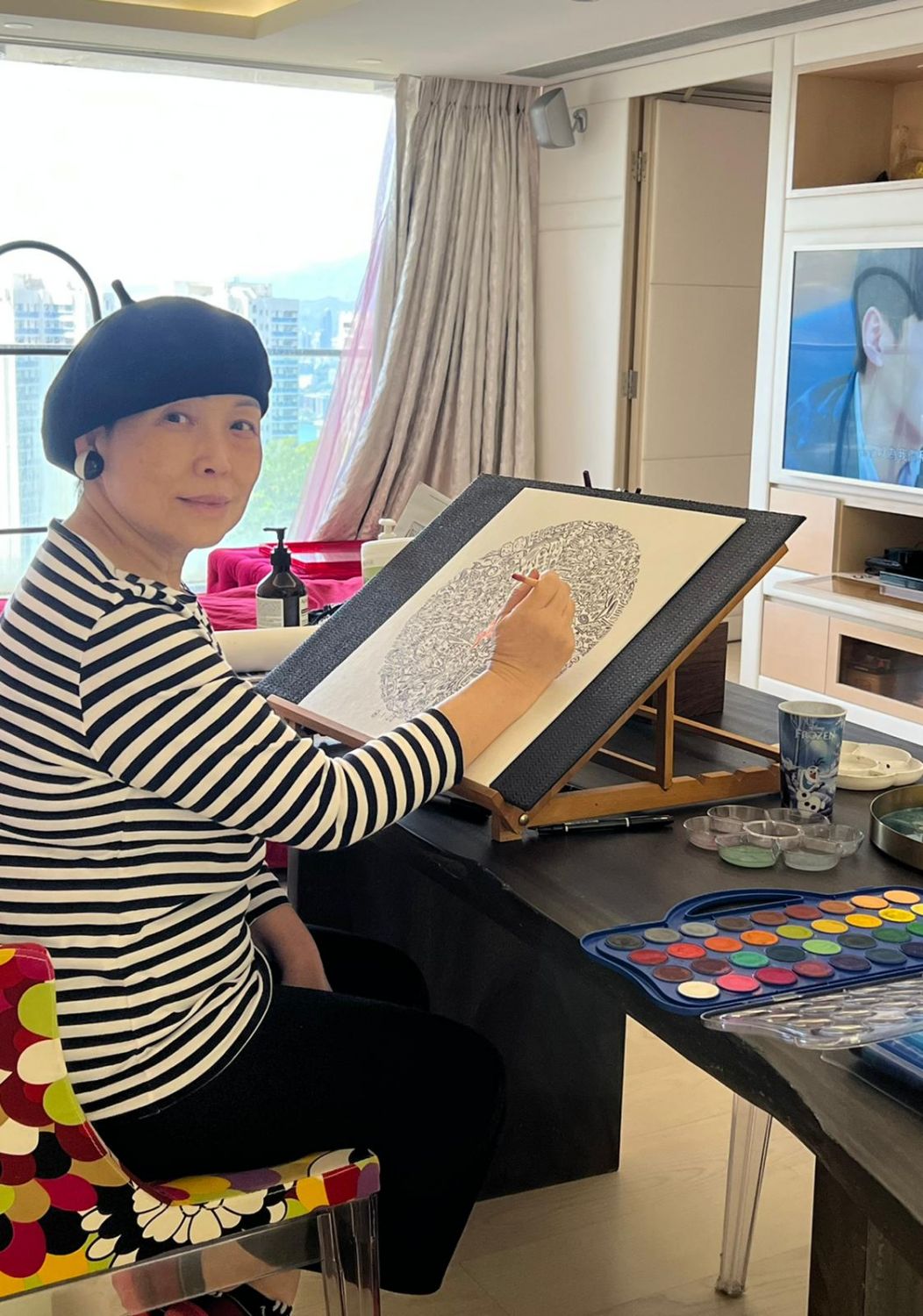The former president of Kering Asia-Pacific, Mimi Tang has spent over three decades at the forefront of fashion. Here, she discusses her journey through the trenches and the legacy she hopes to leave behind
How did you get your start in fashion?
I was born into a very poor family living in Sham Shui Po. I entered the fashion industry purely by accident. I didn’t like studying and I didn’t perform very well academically. I was a daydreamer. When I finished school, I knew I wouldn’t be able to further my education, so I decided to take whatever job came my way. I started my career at 17, working as a salesperson at the [department store] DFS Galleria at Kai Tak Airport. I learned the ins and outs of travel retail and served many Japanese customers, who represented the lion’s share of luxury consumers at the time. My English and Japanese language skills improved quickly and, in two years, I was promoted to sales supervisor. I was willing to work extra hours because I needed the additional income to support my family. It was during my ten-year journey at DFS, which also included being a buying assistant and a merchandiser, that I strengthened my merchandising knowledge.
Who are your biggest fashion influences?
At 30, I joined the Joyce boutique to manage its merchandising and operations in Asia. That’s where I learnt what high fashion and unique customer service were. Joyce was a place to see and be seen. My biggest fashion influence is the legendary Joyce Ma. She inspired me a lot through her classy elegance, confidence, fashion and business sense, charisma and style.
In what ways has the industry changed since you first started?
In the old days, retail experience meant making customers feel totally pampered in a personalised way. Now the definition of retail experience and customer service has changed, and young customers want one thing online and something else in-store. Online shopping is so convenient that even older people are willing to e-shop. Brands need to maintain their offline presence because the key to retail success is integrating your online and offline efforts.

You were instrumental in the growth of Joyce boutique and Kering—what would you say has been your biggest career milestone?
When I joined Gucci in 1998, the Asia-Pacific region represented less than 3 per cent of the brand’s global business. By the time I left, which was almost two decades later, it was more than 30 per cent. I seized a golden opportunity to develop the Kering brands in China. My management team and I were really starting from scratch. We did site visits and travelled—from tier one cities to tier four cities. The sense of satisfaction, the experience and the power of teamwork were beyond words.
What was the most demanding part of your role at Kering?
My role at Kering demanded extensive travelling for buying trips, worldwide conferences, regional meetings, store openings, special events and PR activities. I told myself that I had to be physically and mentally fit to deal with all the travel. Luckily, I rarely had jet lag. I enjoyed travelling for business because each trip would bring different experiences and new people. It’s funny, but I think I stayed in hotels overseas more than my own home in Hong Kong.
What is your funniest fashion memory?
The funniest memories are from our annual staff parties. All the staff would follow a theme and dress accordingly for the dinner. We had a back-to-school theme, a James Bond 007 theme—you couldn’t imagine how creative and amazing our staff were. I treasured this annual event as it was the only time all our back-of-house and front-office colleagues gathered to enjoy dinner and games. There was so much laughter during the party and the ambience warmed my heart.



